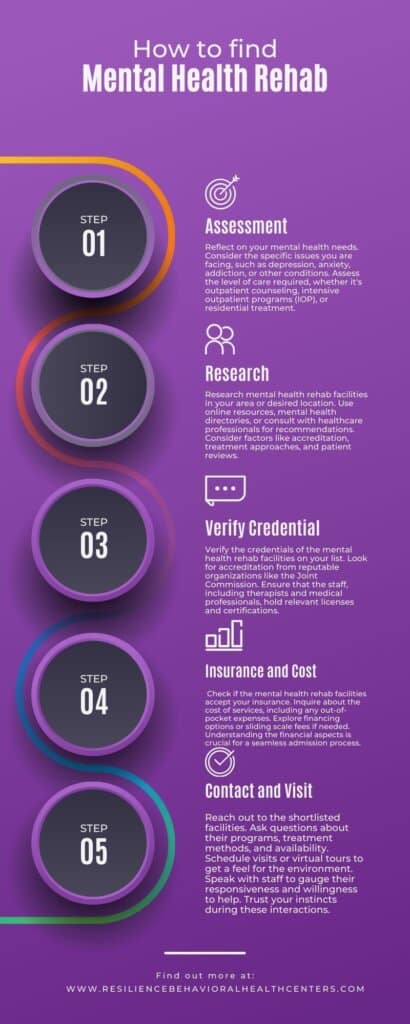Tech Trends in Mental Health: Apps and Tools for Recovery
In recent years, the intersection of technology and mental health has revolutionized the therapy settings in mental health rehab in Massachusetts. Several innovative applications and tools are designed to support individuals on their journey to recovery.
As mental health awareness continues to grow, so does the demand for accessible and effective solutions. Let’s explore some of the noteworthy tech trends shaping the landscape of mental health recovery.
Top Tech Trends In Mental Health Recovery
Mindfulness and Meditation Apps
Mindfulness and meditation have proven to be powerful tools for managing stress and promoting mental well-being. A surge in the popularity of apps like Headspace and Calm indicates a growing interest in integrating these practices into daily life.
Moreover, these apps offer guided meditation sessions, breathing exercises, and sleep aids, empowering users to cultivate a sense of calm and balance.
Virtual Reality Therapy
Virtual Reality (VR) is emerging as a promising tool in Massachusetts’ mental health rehab. VR therapy provides immersive environments to address various mental health conditions, such as anxiety disorders and phobias.
Simulating realistic scenarios helps individuals confront and overcome challenges in a controlled and supportive setting.
Teletherapy Platforms
The advent of teletherapy platforms has transformed the delivery of mental health services. Apps like BetterHelp and Talkspace connect users with licensed therapists through video calls, messaging, or phone sessions.
This not only improves access to mental health care but also accommodates individuals who may face barriers to in-person appointments. According to APA, teletherapy is as effective as traditional face-to-face psychotherapy.
Wearable Technology for Mental Health Monitoring
Wearable devices, such as smartwatches and fitness trackers, now extend their capabilities to monitor mental health indicators. These devices can track metrics like heart rate variability, sleep patterns, and stress levels.
Mood Tracking Apps
Mood-tracking apps like Daylio and Moodpath have become instrumental in self-awareness and emotional regulation. Users can log their daily moods, activities, and triggers, helping identify patterns and trends over time.

Final Words
In conclusion, these apps and tools are not intended to replace traditional therapeutic methods but rather to complement and extend support beyond the confines of a therapy session.
The future of mental health recovery appears to be increasingly intertwined with the possibilities offered by advancing technologies.

